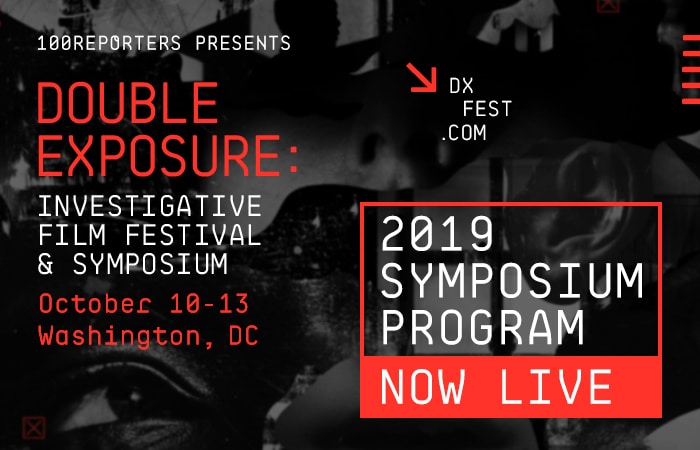The job of the investigative journalist is to look at how things are supposed to work and report when something is amiss. Sometimes they can follow a paper trail and talk to enough people on the record to get the story. Often, they need an inside source – a whistleblower.
And often the whistleblower needs the press to get the word out. Or they find themselves sucked into a news story, like it or not. A letter from a Congressional committee ends up in a Washington Post story, triggering the cascade of events now playing out. Calls from a reporter shine light on misbehavior of a legendary opera singer, TV host or movie mogul.
The relationship is never simple. The journalists and the whistleblowers don’t always have the same agenda. Depending on who is blowing the whistle and how, it often can hurt a whistleblower’s options if they run to the press first.
Sometimes, these collaborations land whistleblowers in jail or exile – Winner, Manning. Often they make history – Ellsberg, Gun, Felt, Snowden.
So, the National Whistleblower Center has partnered with the Double Exposure film festival, which opens on Oct. 10 in Washington. Billed as the “first and only festival dedicated to investigative works in film,” it features an impressive line-up. Leading off that list, Citizen K, the new documentary of Academy Award-winning director Alex Gibney. Here’s the trailer
Authoritative and dense — though never dull — at over two hours, “Citizen K” is the prolific docmaker’s most rewarding feature in several years, attaching his typically methodical research to a cheerfully slippery, charismatic human subject who, even on the side of right, is cagey in the face of investigation.
Other film include Dark Suns, a film about violence in Mexico and grim reminder of what can happen when there is no rule of law. Bellingcat: Truth in a Post-Truth World follows the rise of the “citizen investigative journalist” collective known as Bellingcat.
They event includes a symposium as well as films, with panels like this one on protecting whistleblowers. It will be helmed by Delphine Halgand-Mishra, director of The Signals Network, a French-American group that supports whistleblowers.
The stakes for whistleblowers have grown exponentially in recent years, with the might of government time and again mobilized to identify and punish those who speak out of school to expose wrongdoing. In the most serious cases, prosecutors are increasingly invoking the Espionage Act, which carries a potential life sentence, not just against whistleblowers like Chelsea Manning but against Julian Assange, who published her revelations. This workshop with unpack methods for minimizing risk for whistleblowers, and for the journalists and filmmakers who rely on their disclosures.
